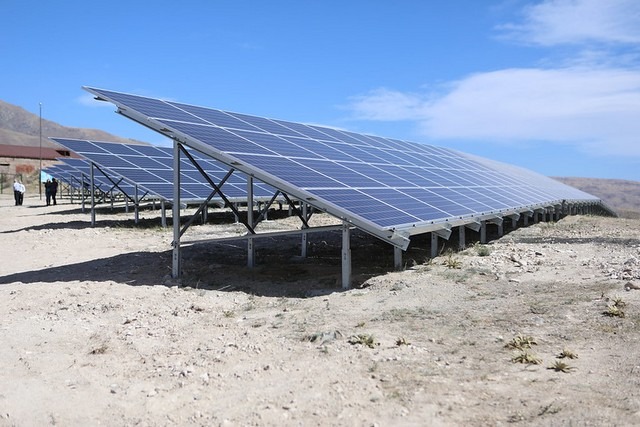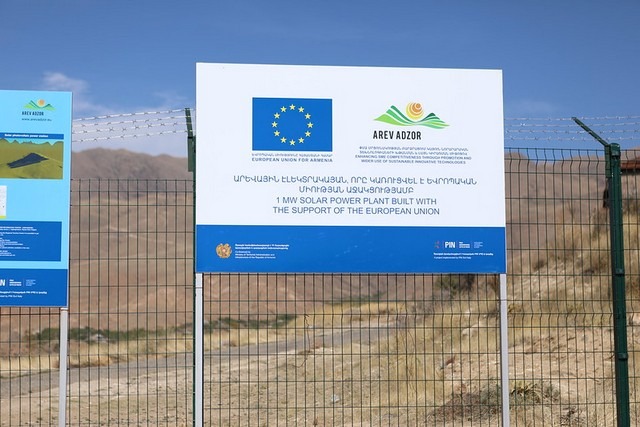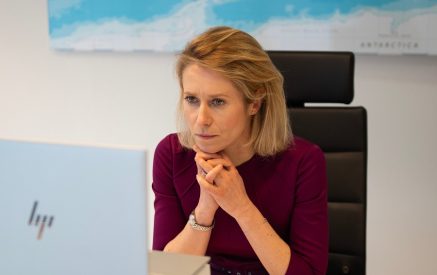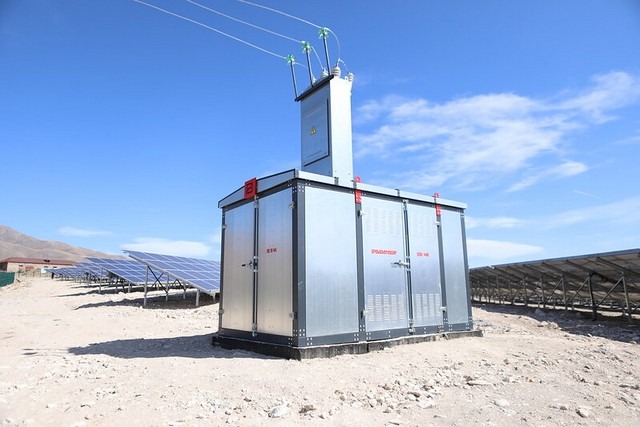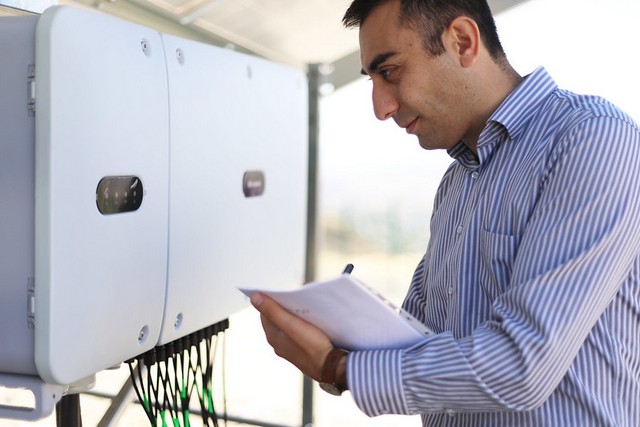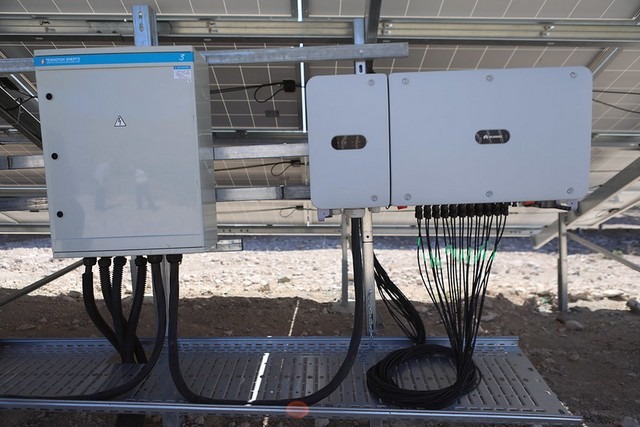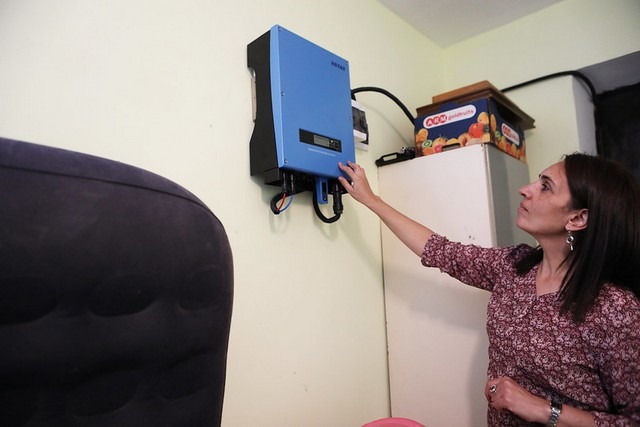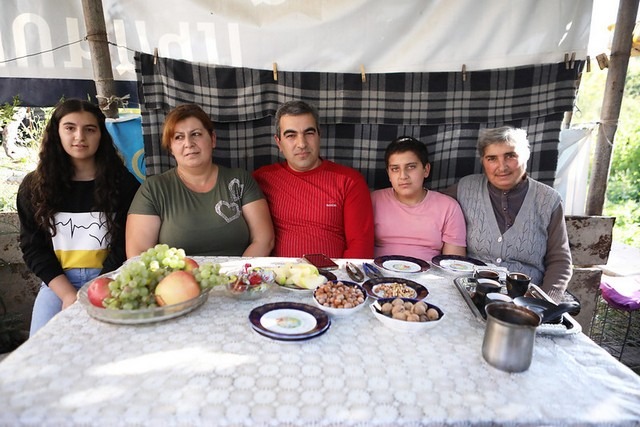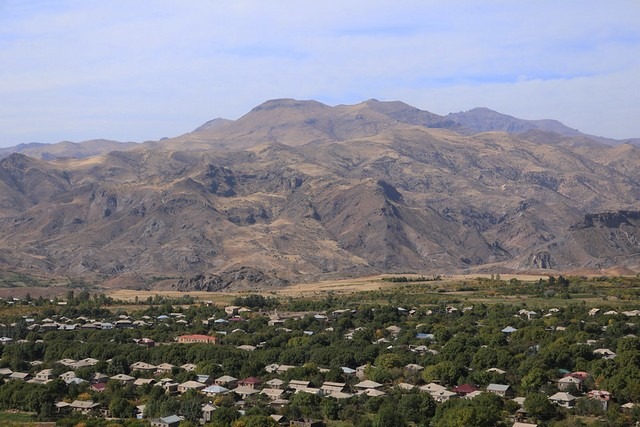Harnessing the potential of solar energy is vital for sunny countries like Armenia. Due to high energy tariffs, the majority of the population struggle to pay electricity and gas bills. Solar power is not widely used in Armenia but, because it is eco-friendly and helps to save money, it is becoming more popular. The European Union has supported the country’s transition to sustainable energy through various initiatives and grants.
Valley of the sun
The EU-funded project, ‘Arevadzor’, means valley of the sun and is aimed at developing sustainable energy and eco-tourism in Armenia. It enhances SME competitiveness through the promotion and wider use of sustainable innovative technologies. The project has supported the construction of a power plant with 4,000 solar panels, capable of providing enough energy to meet the needs of 500 households. Made in the EU, the polycrystalline solar modules used at the plant are durable and resistant to varying weather conditions. They are designed to last for more than 25 years without any problems. Arevadzor is managed through a public-private partnership between the local authorities and private bed and breakfasts.
The power plant’s location is not accidental. Gladzor, Vayots Dzor province, is notorious for its sunny days which amount to more than 300 per year. Arevadzor sells the energy it produces to electricity networks, using the revenue to maintain the power plant and develop eco-tourism in the region. The power plant is not only eco-friendly, but enables the locals to earn money. It has created workplaces for local residents and provided an opportunity for the community to switch to affordable, sustainable energy and spend less on bills.
Read also
The plant’s administrative building will be both a control centre and a methodological centre. Students can visit the power plant to see how it works up close.
Residents of Gladzor village were involved in constructing the power plant. “[The construction of the plant] is a good thing for us. It is eco-friendly and that’s very important,” said Arsen Hambardzumyan, a local resident who worked at the construction site and has high hopes for the initiative. “I hope the electricity tariffs will fall or at least remain the same,” he added.
“It’s very good not only for Gladzor but for the whole province. In the future, the electricity prices may fall and villages nearby can use the electricity [produced by the plant]. We appreciate it a lot,” said another Gladzor resident, Arsen Aghabekyan, mentioning that he knows many people from Gladzor who work at the solar plant. Local resident Gevorg Manaseryan said that thanks to the solar power plant, youth from the village now have an opportunity to work and earn some money.
Becoming a popular attraction for ecotourists
Armenian villages have huge potential for eco and agro-tourism. They offer picturesque landscapes, Armenian hospitality, traditions centuries-old and the country’s cuisine is very popular among both tourists and the locals. Vayots Dzor has spectacular scenery and rich history, making it an ideal tourist destination.
Developing eco-tourism in Vayots Dzor province is an additional focus of the EU-supported project. The solar power plant complements this goal by making the available services more sustainable. More than 200 local residents, SMEs, potential employers and job seekers have learned about working in eco-tourism and energy-saving techniques that they can use in their tourism business. Additionally, 17 families received grants to make their houses more eco-friendly and welcome their first guests.
The Babayan family has a long history of hosting tourists. Situated near historical monuments in the village Yeghegis, the family have decided to turn their summer house into a hostel in order to accommodate more guests. They now have five rooms and can host up to 14 guests. Narine Babayan believes that the hostel allows tourists to discover their village. “If tourists come and stay in our hostel they not only invest in our family business but also in our village,” Narine said, explaining that when villagers themselves see foreigners visiting the village, they are inspired and see a better future for their village.
Narine noted that her family were planning to install solar panels in the future but, thanks to the grant received with the help of the EU project, they managed to install them much sooner than they expected.
Most of the families who have received EU grants live in the mountainous communities of Vayots Dzor. Tourists can visit the historical monuments nearby and stay overnight as there are several family-run bed and breakfasts ready to accommodate guests. The Hovhannisyan family live in Artabuynk – an increasingly popular tourist destination in the province. When the family noticed an increase in visitors and their neighbours earning money by turning their houses into hostels, they decided to give it a try themselves.
The Hovhannisyan family spent their EU grant installing solar thermal panels, replacing their windows with energy-efficient ones and renovating their kitchen and bathroom. “We live in nature and it is important for us to preserve it,” said Karen, father of the family, adding that the new equipment will help them to save money. “It also helps us to be competitive with other hostels. As there are many hostels in our village but we are the only ones who have installed ecosystems.”
The family plan to renovate their garden as well. They want to build an arbour and make improvements to help the tourists feel at home. “We learned how to communicate with tourists and how to manage our finances,” said Karen, mentioning that their neighbours are also interested in the project. “They also want to do something – they want to stay and develop the village.”
The Hovhannisyans are involved in bee-keeping and dairy farming and plan to serve guests their own dairy products. Mother of the family and skilled cook, Donara, will provide tourists with Armenian national cuisine as well as her knowledge and skills.
Through Arevadzor, the European Union supported the development of several objectives at once in Armenia. It helped to build a sustainable and eco-friendly source of energy – a solar power plant.
Commenting on the results of the project, the Head of the EU Delegation in Armenia Andrea Wiktorin said: “Armenia is moving forward on its sustainable energy pathway, with strong support from the European Union. The eco-sustainability is the focus of the EU-funded project “Arevadzor”, which capitalizes on the high, yet largely underutilized, potential of Vayots Dzor Marz, to promote the region as a key player in renewable energy production in Armenia and as an attractive touristic destination. An investment worth more than one million EUR, the solar power plant will be owned and operated by the Sustainable Innovative Technologies (SIT) Centre foundation, established as an engine for public-private dialogue and partnership. Revenues generated by the power plant will be used to support local businesses and community to promote innovation and sustainable development in the region.”
Every local resident will feel the benefits of the project and will be able to switch to more sustainable and affordable energy resources. The EU also contributed to the development of ecological rural tourism, creating new opportunities for small businesses in the region, and fostered the creation of workplaces in the province. After seeing and hearing local success stories, more and more people will consider staying in their hometowns and villages and developing them. Thus, Armenian villages will become attractive to both locals and foreign tourists.
Author: Ami Chichakyan
This article has been produced with the assistance of the European Union in the framework of the EU4Energy Initiative. The contents are the sole responsibility of author and can in no way be taken to reflect the views of the European Union.




















































